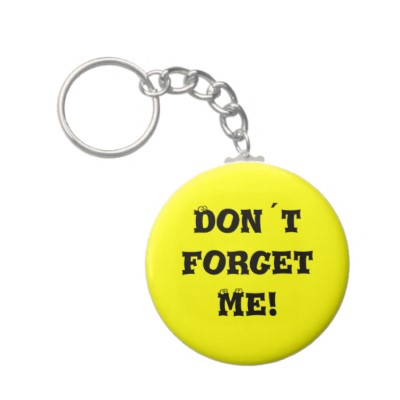The semantics of Silicon Valley Capitalism are precise, measured, and designed to undermine preexisting definitions of the things such capitalists seek to exploit. It is no coincidence that digital connections are often called “friends,” even though the terms “friend” and “Facebook friend” have very different meanings. And then there is “social,” a Silicon Valley shorthand term for “sharing digital information” that bears little resemblance to the word “social” as we’ve traditionally used it. From “Living Social” to “making music social,” “social media” companies use friendly old words to spin new modes of interaction into concepts more comfortable and familiar. It is easier to swallow massive changes to interpersonal norms, expectations, and behaviors when such shifts are repackaged and presented as the delightful idea of being “social” with “friends.”
But is this “social” so social? Yes and no and not quite. To elaborate, we propose a distinction: “Social” versus “social,” in which the capital-S “Social” refers not to the conventional notion of social but specifically to Silicon-Valley-Social. The point is, simply, that when Silicon Valley entrepreneurs say “social,” they mean only a specific slice of human sociality. more...









